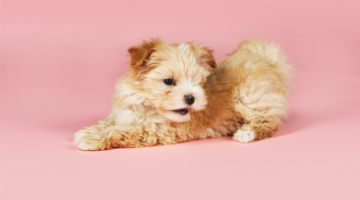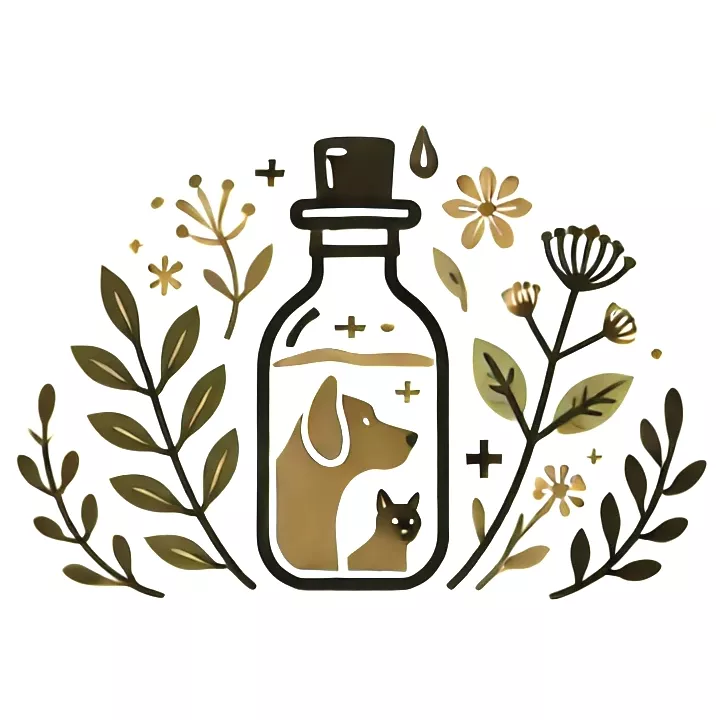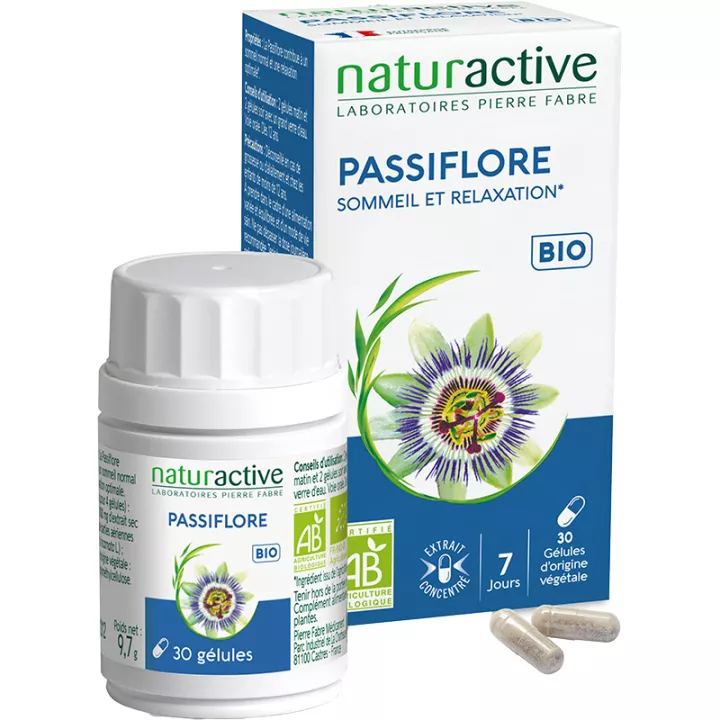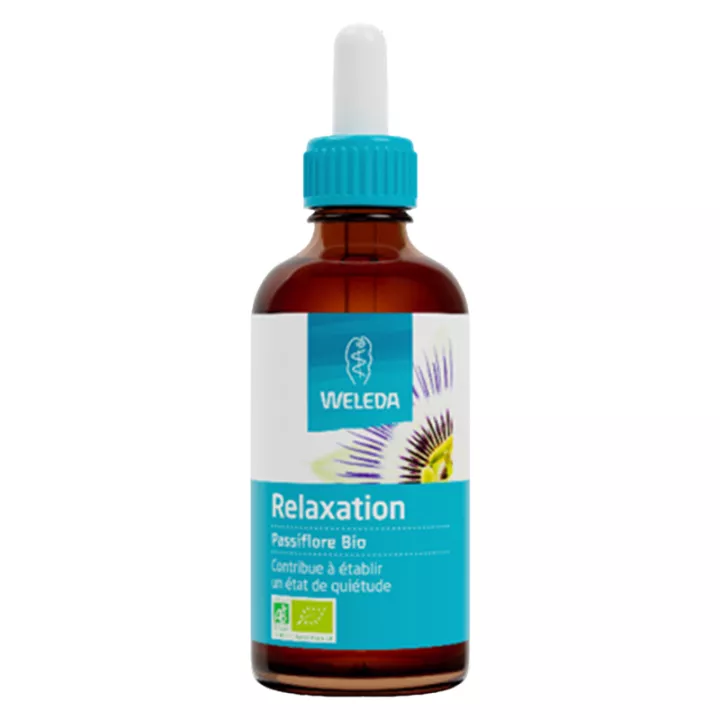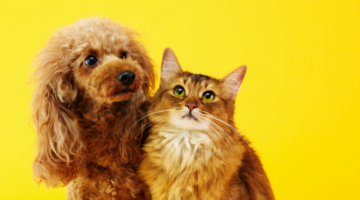What is Soin-et-nature Passionflower Plant Fluid Extract used for?
Soin-et-nature PhytoStandards feature a standardized and stabilized passionflower fluid extract, obtained via a patented process that preserves the integrity of the plant's active compounds. The formulation guarantees a stable concentration of active ingredients, notably flavonoids, which are involved in the pharmacological effects of this extract. The origin of the plants is carefully traced to ensure optimal product quality. The standardized extract offers a precise and consistent dosage, facilitating the study and replication of clinical effects. The supplement is suitable for a variety of animals, including pets (dogs, cats, rabbits and NACs), livestock (cows, pigs, poultry) and competition animals (horses, greyhounds). The product's composition excludes the use of alcohol, making it suitable for all animals, including those sensitive to this solvent.
What are the pharmacodynamic effects?
- Nervous system modulation: Passionflower acts by increasing GABA levels in the brain, thereby reducing neuronal activity and inducing relaxation.
- Neurotransmitter balancing: Passionflower can also increase serotonin and dopamine levels, helping to improve mood.
- Antioxidant properties: The presence of flavonoids confers antioxidant properties, reducing oxidative stress.
Passionflower is commonly administered for various types of anxiety in animals, including separation and stress related to veterinary visits. Its efficacy can be comparable to some prescribed anti-stress medications, but with a more limited side-effect profile.
Phytoprevent also offersSoin-et-nature Piloselle plant extract at the best price in our online pharmacy.
How anxiety manifests itself in animals
What causes anxiety in dogs?
Anxiety in dogs has a heterogeneous etiology, characterized by diverse symptoms and varying degrees of severity. Predominant causes include separation anxiety, specific fears (thunderstorms, fireworks...), a history of trauma, and factors associated with aging. Indicative symptoms include
- Barking, whining and growling
- Trembling
- Hypersalivation
- Emotional urination and defecation
- Licking of the lips
- Exaggerated yawning
- Gasping
- Low posture
- Dilated pupils
- Tail between legs
- Body stiffening
What causes anxiety in cats?
Cats, being territorial and sensitive animals, are likely to develop anxiety states in response to various environmental stimuli or changes. Anxiety can be either intermittent or chronic, and can result from factors such as moving, trauma, owner absence, or interaction with other animals. Triggering situations are often the introduction of a new element, traumatic events, isolation (absence of the owner), excessive handling and socialization deficit (lack of adequate socialization during youth). Indicative symptoms are
- Compulsive depilation: excessive licking leading to hair loss, particularly on the belly and thighs.
- Digestive disorders: Diarrhea and anorexia.
- Self-mutilation: Biting to the point of bleeding or self-inflicted scratches.
- Despondency: Tendency towards isolation and social withdrawal.
- Urinary infection: Frequent, painful urination, sometimes outside the litter box.
- Atypical marking: Inappropriate use of claws or urinary marking outside the litter box.
What causes anxiety in horses?
Horses are creatures of routine, and any unexpected change in their environment can trigger stress. Causes can vary, from boredom and dietary changes to environmental factors such as transport or extreme climates. When a horse fails to adapt to a new or changing situation, its brain begins to perceive it as a threat, triggering stress mechanisms. The autonomic nervous system is particularly affected, leading to dysregulation of vital functions such as breathing and blood circulation.
This stress can result in both physiological and behavioral manifestations:
- Increased Cardiac and Respiratory Activity: Disturbance of the autonomic nervous system.
- Digestive disorders: possible abdominal pain and other gastrointestinal problems.
- Aggressiveness or Apathy: Variability in emotional reactions.
- Eating abnormalities: Ingestion of inedible items such as litter or wood.
- Tic behaviors: such as chewing its food bowl, sucking air, grinding its teeth, and rocking from one foot to the other.
- Long-Term Health Consequences: Formation of gastric ulcers, onset of colic, diarrhea, lowered immune system.
How to use Passionflower extract
As a guide, here are the usual dosages for PhytoStandard Soin-et-nature EPS Passionflower, Oral use: 1 ml per 5 kg / day
- Dogs and cats under 5 kg: adjust dose according to weight
- Dogs over 25 kg: administer a maximum of 5 ml/day
- For acute conditions, repeat dose 3 to 4 times a day for 5 days
- For chronic conditions, once a day for 20 days, renewable.
What are the precautions for use?
This dietary supplement for pets (dogs, cats, rabbits and NACs), livestock (cows, pigs, poultry) or competition animals (horses, greyhounds) is not a substitute for a varied, balanced diet and a healthy lifestyle.
- These recommendations for use are given as a guide only, and do not replace a precise diagnosis and correction of the diet.
- Do not administer to pregnant females.
- Caution: administration of these extracts may trigger transient sialorrhea in some animals. In this case, dilute the mixture further with water before administration, or administer the dose in several doses over the course of the day.
- For cats: when the magistral preparation is administered with food, add an additional 1/4 burdock to the mixture to improve feed intake.
What is the composition?
Passion flower extract - Passiflora incarnata L. (aerial parts), stabilized in vegetable glycerine.
For 5 ml: 0.9g passionflower extract
EPS or Standardized Fresh Plant Extracts are obtained using the"PhytoStandard" extraction process, which respects the integrity and completeness of the active principles present in the plant.
We can prepare your own EPS blends according to the formulas recommended by your phytotherapist veterinarian.
Packaging: available in 30; 60; 90; 150; 300; 500 ml.
